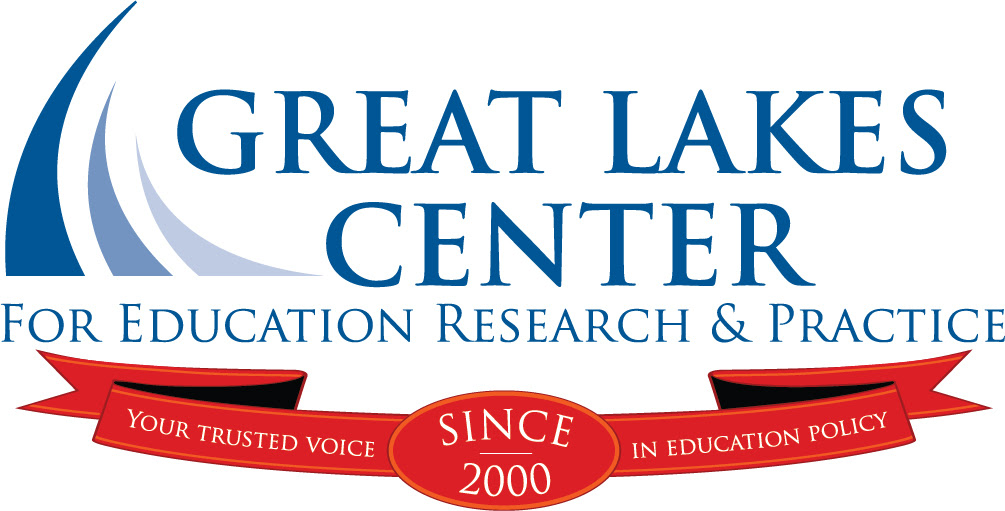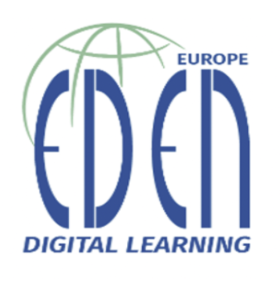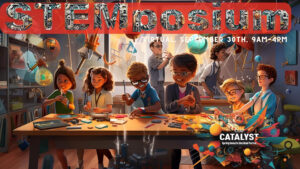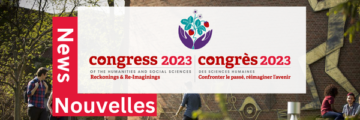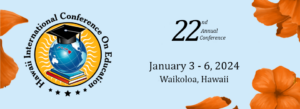January 30, 2023
Pandemic-era alternative education solutions remain unproven
A “Think Twice” review of a think tank report from the folks at the National Education Policy Center.
Inside Look Great Lakes Center’s exclusive subscriber email featuring key points, information and social media content about reviews and research
Hello, Great Lakes Center subscriber: School closures during the COVID-19 pandemic prompted many families to seek alternative solutions for educating children. Microschools and learning pods were two of these alternative solutions and were popular because they involved small gatherings of students learning together from in-person instruction and digital technology, much like homeschooling. The models also became popular with education reform advocates who favor privatization of schooling.Two reports from the Center on Reinventing Public Education cover microschools and learning pods, and both paint these strategies in a positive light, even though both reports have flaws that limit their actual usefulness for policymakers.The advocacy for this type of schooling long term could have negative consequences for public schools, so policymakers need to be informed of all the facts – and the unknowns – about these alternative schooling solutions.Read on to learn more.
Maddie Fennell
Executive Director
Great Lakes Center for Education Research and Practice
REPORT REVIEWED
WHAT THE REVIEWER FOUND
Mann’s past research has examined digital schooling and other alternative school models, which have grown in popularity as a result of the COVID-19 pandemic. He found shortcomings in both reviewed reports that limit their usefulness to policymakers.
While both reports show these new educational strategies in a positive light, Mann found little evidence of the benefits of the strategies. The report on learning platforms analyzes engagement patterns and success rates of a digital platform used in one microschool in Nevada. The report is called a “case study,” though it lacks the research and analysis to be classified as one.The report on staffing in learning pods contrasts them with features of traditional schools and argues that the same approaches should be used in traditional schools. The author uses the report to promote the school models developed by his own company, Public Impact, and the conclusions are overstated and not presented with adequate evidence, according to Mann’s review.Mann determined the reports should not be used to guide policymaking because more research is needed before action should be taken regarding the reports’ findings. The first report on learning platforms uses some valid methods, yet the research design makes it hard to interpret findings beyond the one specific case used.The report on staffing fails to include well-researched studies, ignoring past research that could frame the discussion. That’s disappointing, because the report could have actually helped address some policy issues, Mann wrote.Read the full review on the Great Lakes Center website or on the National Education Policy Center website.
WHY YOU SHOULD CARE
The two reports shouldn’t be used to guide policymaking decisions because they are so flawed. Placing more resources into alternative schooling solutions like microschools and learning pods could take away resources from public schools, where student achievement has long been researched and proven. Dedicating more resources to alternative schooling solutions based on reports from privatization advocates could have negative consequences for public schools with no basis for making those investments.
TALKING POINTS TO REMEMBER
- Despite microschools and learning pods becoming more popular during the COVID-19 pandemic, especially with advocates for education privatization, there’s not enough research on these alternative school solutions.
- Two reports from the Center on Reinventing Public Education promote these alternative learning options, but clearly have an agenda and use flawed methods to reach their conclusions.
- More research is needed on alternative schooling solutions, and policymakers should not act on the two reports because their scope is limited, and they ignore past research.
SOCIAL SHARES
Want to share this Think Twice Review with your social networks? We drafted some sample social media posts for your use.
A @nepctweet review shows the flawed methods school privatization advocates used to promote microschools and #LearningPods.
More research is needed before policy on #Microschools and #LearningPods is implemented so resources aren’t taken from #PublicSchools. More:
Copyright © 2019 Great Lakes Center for Education Research & Practice, All rights reserved.
You are receiving this email because you opted in via our website.Our mailing address is:
Great Lakes Center for Education Research & Practice
PO Box 1263
East Lansing, MI 48826-1263
No comments yet.
RSS feed for comments on this post. TrackBack URI
- SEO Powered Content & PR Distribution. Get Amplified Today.
- Platoblockchain. Web3 Metaverse Intelligence. Knowledge Amplified. Access Here.
- Source: https://virtualschooling.wordpress.com/2023/01/30/pandemic-era-alternative-education-solutions-remain-unproven/
- 2019
- a
- About
- According
- achievement
- Act
- Action
- actually
- address
- advocacy
- advocates
- agenda
- All
- alternative
- analysis
- analyzes
- and
- approaches
- Argues
- aspects
- author
- based
- basis
- because
- becoming
- before
- benefits
- BEST
- Beyond
- Box
- called
- case
- case study
- Category
- Center
- Children
- classified
- clear
- clearly
- comment
- comments
- company
- Consequences
- content
- could
- COVID-19
- COVID-19 pandemic
- data
- decisions
- Design
- determined
- developed
- digital
- digital technology
- discussion
- drafted
- during
- East
- educating
- Education
- educational
- engagement
- enough
- especially
- Ether (ETH)
- Even
- evidence
- Exclusive
- fails
- families
- favor
- Features
- Featuring
- feedback
- First
- flawed
- flaws
- found
- FRAME
- from
- full
- funding
- gatherings
- great
- grown
- guide
- Hard
- helped
- How
- HTTPS
- identifier
- Impact
- implemented
- in
- include
- information
- informed
- Investments
- involved
- issues
- IT
- Key
- LEARN
- learning
- light
- LIMIT
- Limited
- little
- Long
- made
- mailchimp
- MAKES
- Making
- many
- Media
- Meta
- methods
- Michael
- Middle
- models
- more
- most
- National
- Need
- needed
- negative
- networks
- NEVADA
- New
- ONE
- Options
- Other
- own
- paint
- pandemic
- past
- patterns
- Personalized
- placing
- platform
- Platforms
- plato
- Plato Data Intelligence
- PlatoData
- PO
- pods
- points
- policy
- policymakers
- Popular
- positive
- possible
- Post
- Posts
- practice
- presented
- press
- professionally
- project
- promote
- proven
- provides
- public
- publications
- Rates
- reach
- receiving
- recommendations
- reduce
- reform
- regarding
- remain
- report
- Reports
- research
- reserved
- resource
- Resources
- result
- review
- reviewed
- Reviews
- rights
- same
- satisfied
- School
- Schools
- scope
- Seek
- selected
- Share
- should
- show
- Shows
- Simple
- site
- small
- So
- Social
- social media
- Social Media Posts
- social networks
- Solutions
- some
- Sound
- spam
- specific
- staffing
- strategies
- Student
- Students
- studies
- Study
- success
- syndication
- TAG
- Take
- Technology
- The
- their
- think tank
- to
- together
- top
- traditional
- under
- university
- use
- via
- Website
- which
- WHO
- WordPress
- Your
- zephyrnet

